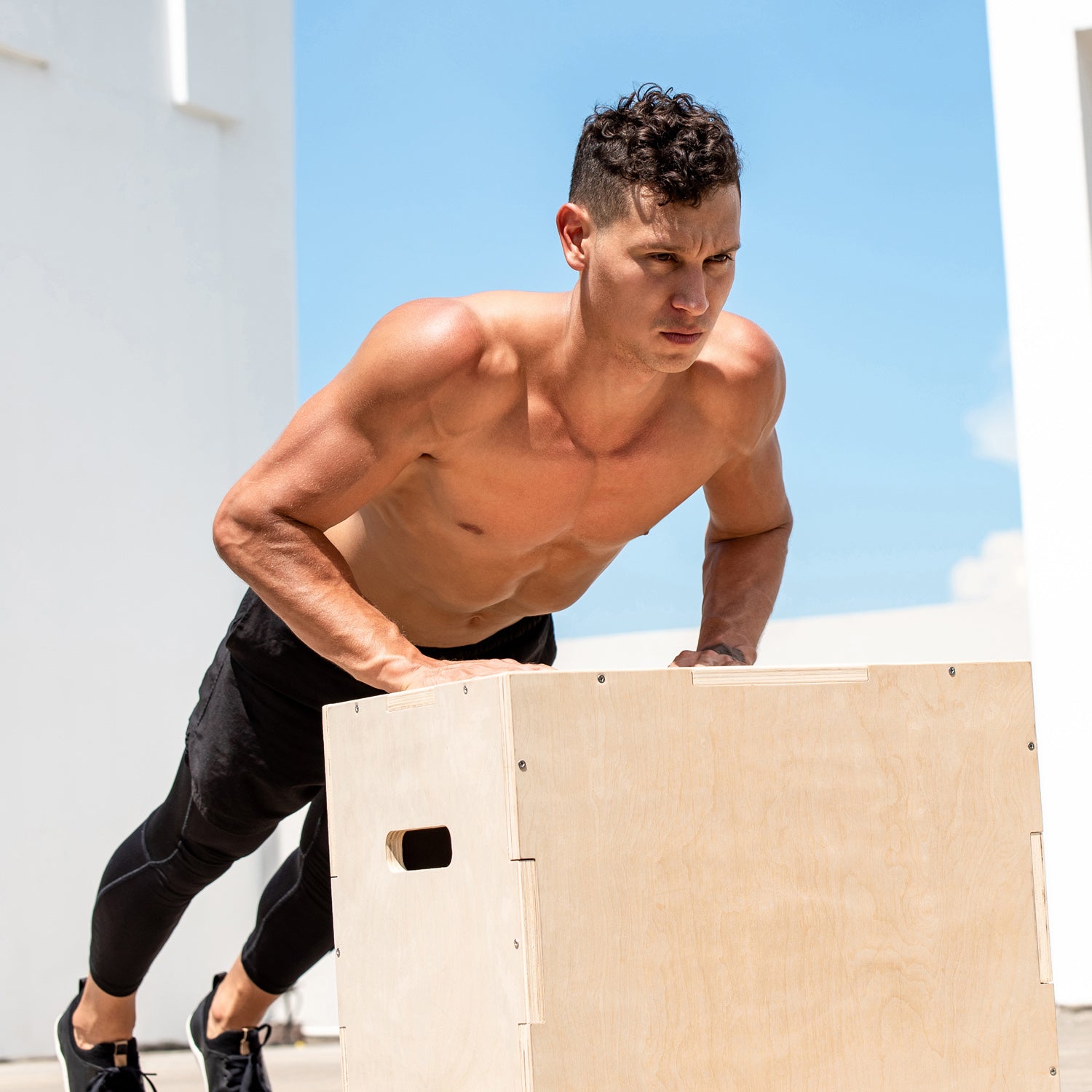Fresh evidence has come out about why active people with cancer tend to have a better prognosis than people who are inactive, showing that the development of the immune system is the key.
Scientists have known for years that individuals who exercise have a better chance of fighting cancer than those who do not, generally speaking.
Previous research has shown this to be true, although the explanation behind why it is the case has been debated.
One theory has been that exercise activates the immune system and therefore increases the body’s strength in its fight against cancers.
Taking this assumption forward, researchers at Karolinska Institutet in Sweden studied how the immune system's cytotoxic T cells - white blood cells which specialise in killing cancer cells - are affected by exercise.
They took two groups of cancerous mice, getting one group to exercise on a rotating wheel and the other to remain inactive.
The scientists found that the cancers’ growth slowed down and mortality rates dropped in the exercised group compared to the inactive group.
Antibodies which remove cytotoxic T cells were then injected into both trained and untrained mice in order to examine the significance of the T cells. In this stage of the study, the scientists found that both the improved survival rate and suppression of cancer growth in the exercised mice was no longer present, demonstrating the importance of the influence that training had on the T cells.
The researchers also looked at how exercise increases the strength of these apparently all-important T cells and found that some by-products of exercise such as lactate made the cells more active.
And so far in human trials, 30 minutes of intense exercise on a training bike appears to influence the cells in the same way.
Helene Rundqvist, senior researcher in the Department of Laboratory Medicine at Karolinska Institutet, said: "Our research shows that exercise affects the production of several molecules and metabolites that activate cancer-fighting immune cells and thereby inhibit cancer growth.
“We hope these results may contribute to a deeper understanding of how our lifestyle impacts our immune system and inform the development of new immunotherapies against cancer."


Share:
The Highest Earners From The 2019-20 CrossFit Season
Simple & Effective: How Does Katie Taylor Train?